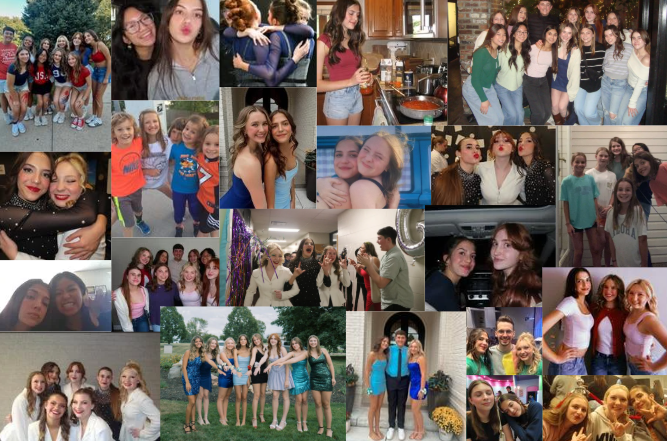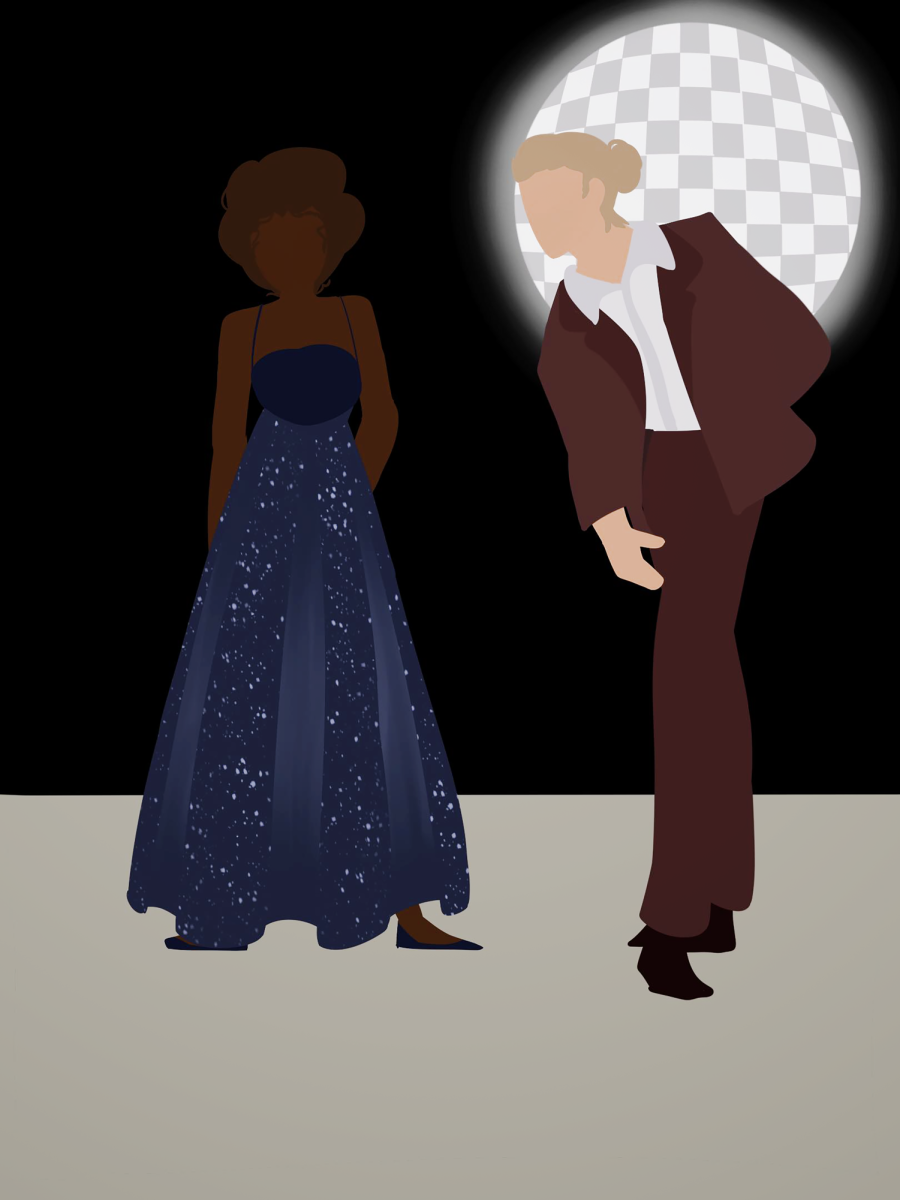Pop-culture: a term that is generally recognized by members of society as a set of practices, beliefs, artistic output and objects that are dominant or prevalent to the people of a specific time and age. It’s a pervasive force that shapes our beliefs, values, and perceptions without us even realizing it.
At its core, pop culture thrives on spectacle and sensationalism, captivating audiences with its ability to entertain, inspire, and provoke. Over the many years that pop culture has been in perpetual hindsight to society, its blinding glitz and glamor have been able to easily disguise a dark underbelly of toxicity, exploitation, violence and sexuality. Thus, putting the minds of each and every consumer at risk.
Pop culture has a way of drawing us in with its constant pursuit of fame and fortune. Fueled by an appetite for society’s validation, many consumers fail to realize the toxic nature of the messages being transmitted through this medium. From promoting unrealistic beauty standards to glorifying materialism and consumerism, pop culture often instills toxic ideals in the minds of the public. Whether it be through the constant bombardment of diet and workout plans that promise unattainable perfection or the relentless push for the latest and greatest products, pop culture can easily lead individuals down a path of self-doubt and insecurity.
Enticed by the mere promise of inclusion or realizing one’s “self-worth,” pop culture has continued to fool our generation into thinking fame and fortune are what you need to be content in this life. Yet, this ideal is miles from the truth.
Exploitation is another troubling aspect of pop culture, as consumers are often taken advantage of for the sake of profit. Advertisers may use deceptive tactics to easily manipulate the purchase of useless products that do more harm than help; while influencers may endorse harmful products without considering the consequences.
Oftentimes, creators exploit vulnerable individuals for the sake of entertainment, portraying them in a negative or even sexual light in order to attain high ratings or likes. This very idea is why being under the spotlight can be such a draining commitment. Vulnerability becomes a liability; those who partake in the stardom of fame are exploited for the entertainment and enrichment of others.
Violence has permeated the very fabric of pop culture. It’s woven into the narratives of movies, television shows, video games, and music with alarming frequency. From explosive action sequences to graphic depictions of brutality, pop culture highly glorifies aggression and desensitizes viewers to its real-world consequences. The ubiquity of violence in popular media not only normalizes aggression but also influences harmful stereotypes and reinforces toxic masculinity. For consumers, particularly impressionable youth, exposure to such content can have detrimental effects on their psychological well-being, numbing them to the suffering of others and their ability to empathize.
Studies have shown a correlation between exposure to violent media and aggressive behavior, leading to a cycle of violence that perpetuates itself both on and off-screen. As consumers become increasingly apathetic to violence, they may find themselves craving even more extreme forms of entertainment, perpetuating a vicious cycle that normalizes and even dignifies brutality.
Sexuality is just another battleground on the spectrum. While sexuality is a natural and beautiful aspect of the human experience, pop culture often distorts it into a commodity to be bought, sold, and consumed. From hypersexualized images of women in music videos to the objectification of LGBTQ+ individuals, pop culture often reduces complex human experiences to mere stereotypes and fantasies, reinforcing harmful notions of gender and sexuality. Although it’s a prominent part of pop culture, with many industries capitalizing on the commodification of human bodies, the industry has found a way to make a long-lasting reinforcement of sexuality portrayal in harmful ways.
Truly, pop culture is a treasure trove of hidden secrets. The entirety of the industry is a place where art and the occult collide; where symbolism runs deep. The topic of pop culture being harmful to our minds has gained extreme momentum in recent years, people are beginning to recognize that the media that we engage with isn’t always in our best interest.
In retrospect, pop culture had the potential to be something righteous for our society. At its best, pop culture serves as a mirror reflecting the values and concerns of our time, sparking important conversations and driving social change. It has the capacity to shape attitudes and perceptions, driving progress toward a more inclusive and compassionate world. Nevertheless, time has twisted our generational pop culture in the wrong direction; it has become a weapon of both social and psychological destruction that will continue to deteriorate the minds of its consumers in years to come.








